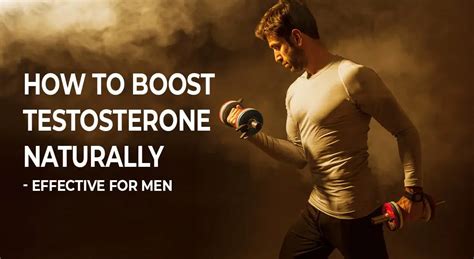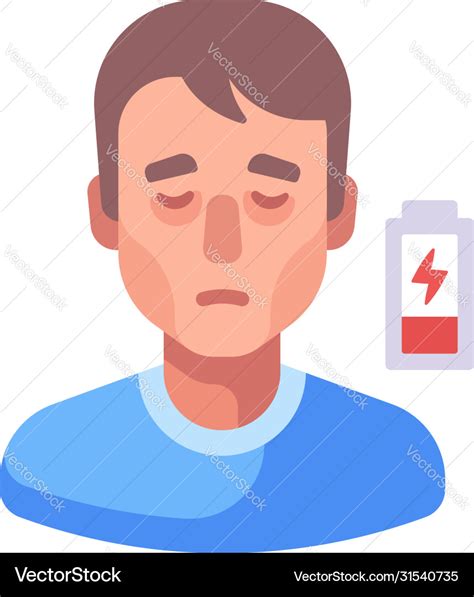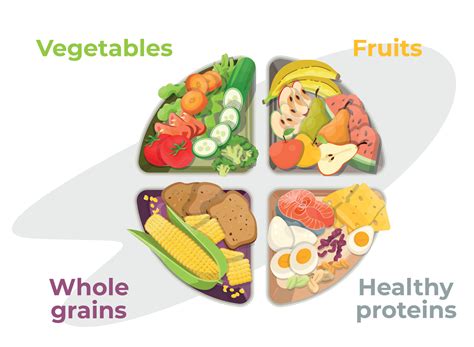Boost low T naturally for peak male vitality?

Understanding Low Testosterone and Its Impact
Testosterone, often hailed as the cornerstone of male health, plays a crucial role beyond just libido. It influences energy levels, muscle mass, bone density, mood, and cognitive function. As men age, a gradual decline in testosterone levels is natural, but a significant drop, known as low T or hypogonadism, can lead to a host of undesirable symptoms, including fatigue, decreased sex drive, difficulty building muscle, increased body fat, and even mood disturbances like depression.
While pharmaceutical interventions exist, many men are seeking natural, holistic approaches to optimize their hormone levels and restore their vitality. The good news is that lifestyle modifications can have a profound impact on testosterone production.

The Cornerstone: Diet and Nutrition
What you eat directly affects your hormonal balance. A diet rich in whole foods, healthy fats, and essential micronutrients is paramount for testosterone production.
- Healthy Fats: Cholesterol is a precursor to testosterone. Incorporate sources like avocados, nuts, olive oil, and fatty fish (salmon, mackerel) into your diet. Saturated fats in moderation from quality sources can also be beneficial.
- Lean Protein: Adequate protein intake supports muscle synthesis and overall hormonal health. Opt for lean meats, poultry, eggs, and plant-based proteins.
- Vitamins and Minerals: Vitamin D is often considered a pro-hormone, and studies link higher levels to higher testosterone. Zinc is crucial for testosterone synthesis, found in oysters, red meat, and pumpkin seeds. Magnesium, found in leafy greens and nuts, also plays a role in free testosterone levels.
- Limit Sugars and Processed Foods: These can lead to insulin resistance and inflammation, both of which are detrimental to hormone balance.

Exercise: Your Natural T-Booster
Regular physical activity, particularly specific types, is one of the most effective natural ways to boost testosterone.
- Strength Training: Lifting weights, especially compound movements like squats, deadlifts, and bench presses, has been shown to significantly increase testosterone. Aim for 3-4 sessions per week with heavy weights and lower repetitions.
- High-Intensity Interval Training (HIIT): Short bursts of intense exercise followed by brief recovery periods can also stimulate testosterone production and improve overall fitness.
- Avoid Overtraining: While exercise is good, excessive endurance training or overtraining without adequate recovery can actually decrease testosterone. Listen to your body and prioritize rest.

Lifestyle Factors That Matter
Beyond diet and exercise, several lifestyle elements significantly impact testosterone levels.
- Prioritize Quality Sleep: Testosterone production largely occurs during deep sleep. Aim for 7-9 hours of uninterrupted sleep per night. Poor sleep can dramatically lower testosterone.
- Manage Stress: Chronic stress elevates cortisol, a hormone that directly suppresses testosterone. Incorporate stress-reduction techniques like meditation, yoga, deep breathing exercises, or spending time in nature.
- Limit Alcohol Intake: Excessive alcohol consumption can negatively affect the testes and liver, impairing testosterone production and metabolism.
- Avoid Endocrine Disruptors: Be mindful of exposure to chemicals found in plastics (BPA), pesticides, and certain personal care products that can mimic or interfere with hormones.

Conclusion: A Holistic Approach for Peak Vitality
Boosting low testosterone naturally is not about a quick fix, but rather a commitment to a holistic lifestyle. By consistently implementing strategies related to diet, exercise, sleep, and stress management, men can significantly improve their hormonal health and experience a resurgence in energy, strength, libido, and overall well-being.
While these natural approaches are highly effective for many, it’s always advisable to consult with a healthcare professional before making significant changes to your diet or exercise regimen, especially if you suspect you have clinically low testosterone or are experiencing severe symptoms. They can provide a proper diagnosis and rule out any underlying conditions, ensuring you embark on the safest and most effective path to peak male vitality.










